Kidneys play an important role in overall health. Therefore, if the kidneys have problems, the body cannot be healthy. The good news is that new findings show that cabbage actually brings many benefits to the kidneys.
One cup of cabbage contains about 2 grams of fiber, 35 mg of calcium
Our bodies have two kidneys whose main function is to filter blood, help remove waste from the body and maintain fluid balance. One of the most common kidney problems is chronic kidney disease, according to the health website Healthline (USA).
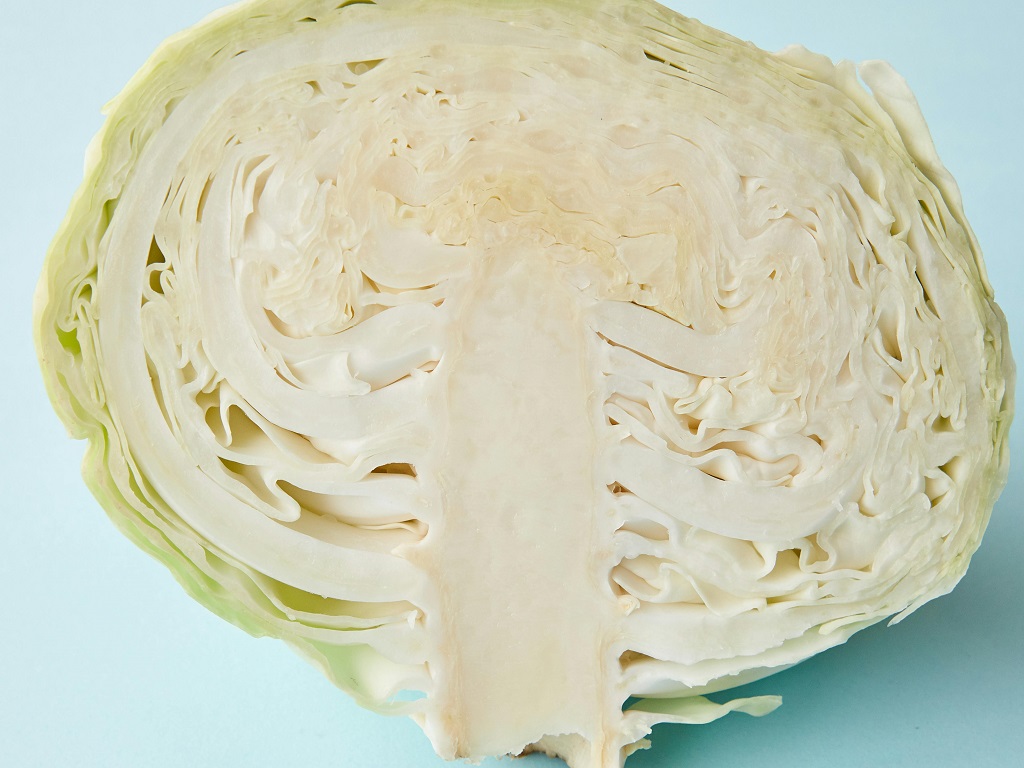
Eating cabbage can help protect kidney health
People with kidney disease should limit their salt intake, foods high in potassium such as bananas, and stay away from alcohol. Meanwhile, foods that are good for the kidneys include berries, red grapes, olive oil, and fatty fish such as salmon, mackerel, or herring, according to the health website Medical News Today (UK).
Cabbage is also a very good food for kidney health. A cup of shredded cabbage contains about 80 grams of water, more than 2 grams of fiber, 35 mg of calcium and many other nutrients. In addition, cabbage also contains little potassium and vegetable protein. Potassium and protein are nutrients that people with kidney disease should avoid because they can easily make the kidneys work harder to filter these excess substances from the blood.
Cabbage helps reduce inflammation and improve digestion.
Whether boiled or eaten raw, cabbage can help reduce kidney toxicity thanks to its high content of vitamin C, folic acid, vitamin B6, fiber, and antioxidants. A study published in the journal Biomarkers found that mice who drank cabbage juice for 28 days had a lower risk of kidney dysfunction. This is due to the kidney-friendly nutrients in cabbage, especially antioxidants.
In addition to helping protect the kidneys, cabbage also brings many other health benefits. Studies show that eating cabbage regularly will help reduce inflammation, improve digestion, improve immunity and strengthen bones.
In particular, cabbage also contains anthocyanin compounds, which have the effect of reducing blood pressure. Controlled blood pressure will help reduce the risk of cardiovascular events such as heart attack and stroke in the future.
However, one problem that cabbage can bring is bloating and flatulence if eaten in excess. People with irritable bowel syndrome need to be careful with this side effect of cabbage. Some nutrients in cabbage can also affect the effectiveness of blood thinners. Therefore, it is best to eat cabbage in moderation to maximize the nutritional benefits of this vegetable, according to Medical News Today .
Source: https://thanhnien.vn/loi-ich-bat-ngo-cua-bap-cai-voi-than-18524112614464076.htm


![[Photo] Looking back at the impressive moments of the Vietnamese rescue team in Myanmar](https://vstatic.vietnam.vn/vietnam/resource/IMAGE/2025/4/11/5623ca902a934e19b604c718265249d0)
![[Photo] "Beauties" participate in the parade rehearsal at Bien Hoa airport](https://vstatic.vietnam.vn/vietnam/resource/IMAGE/2025/4/11/155502af3384431e918de0e2e585d13a)




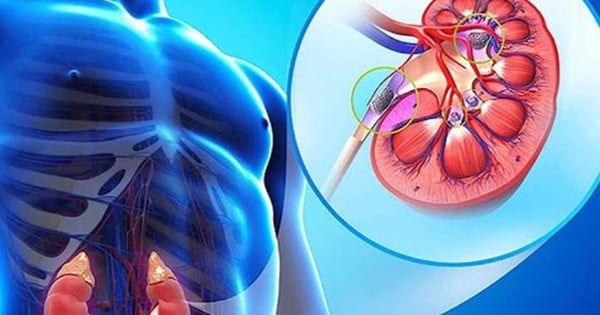

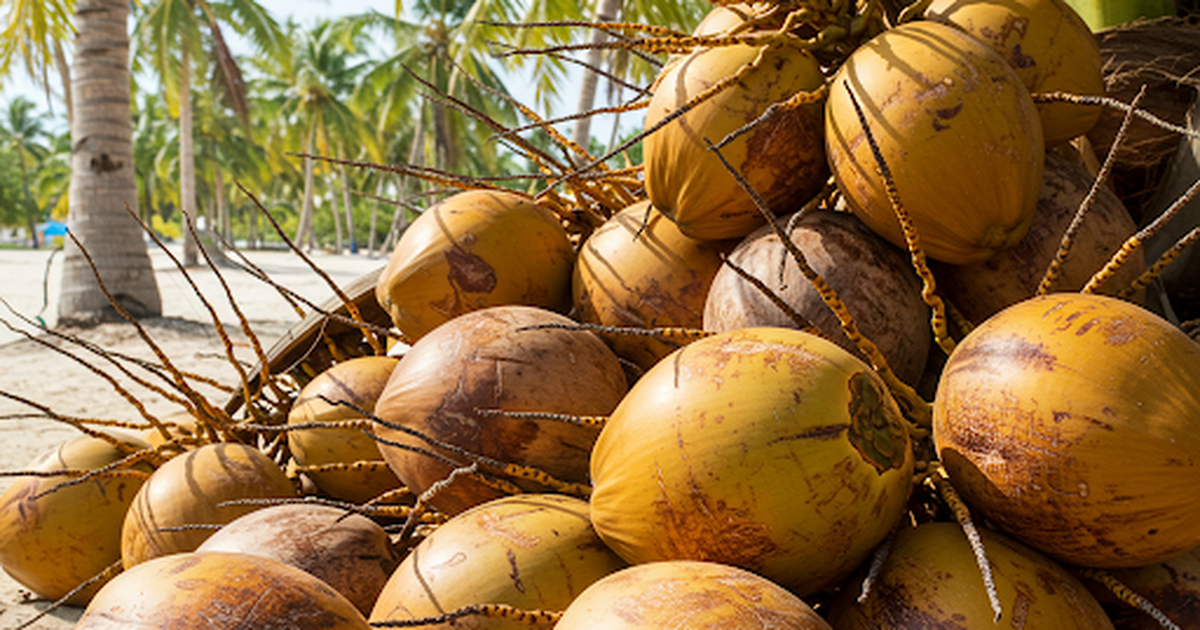


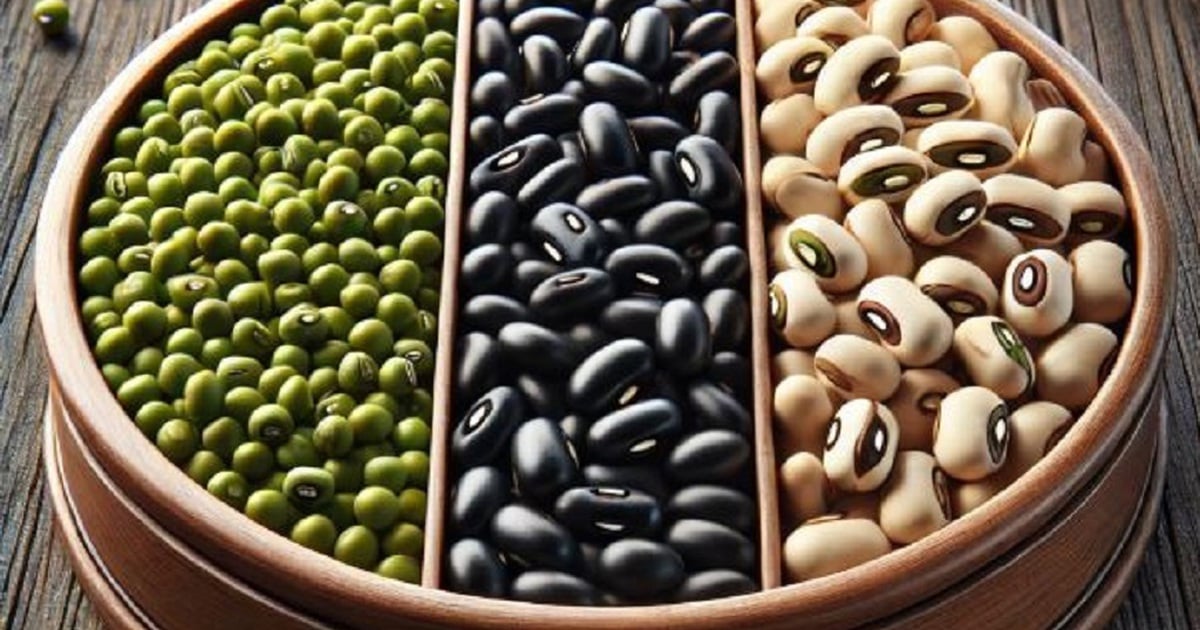





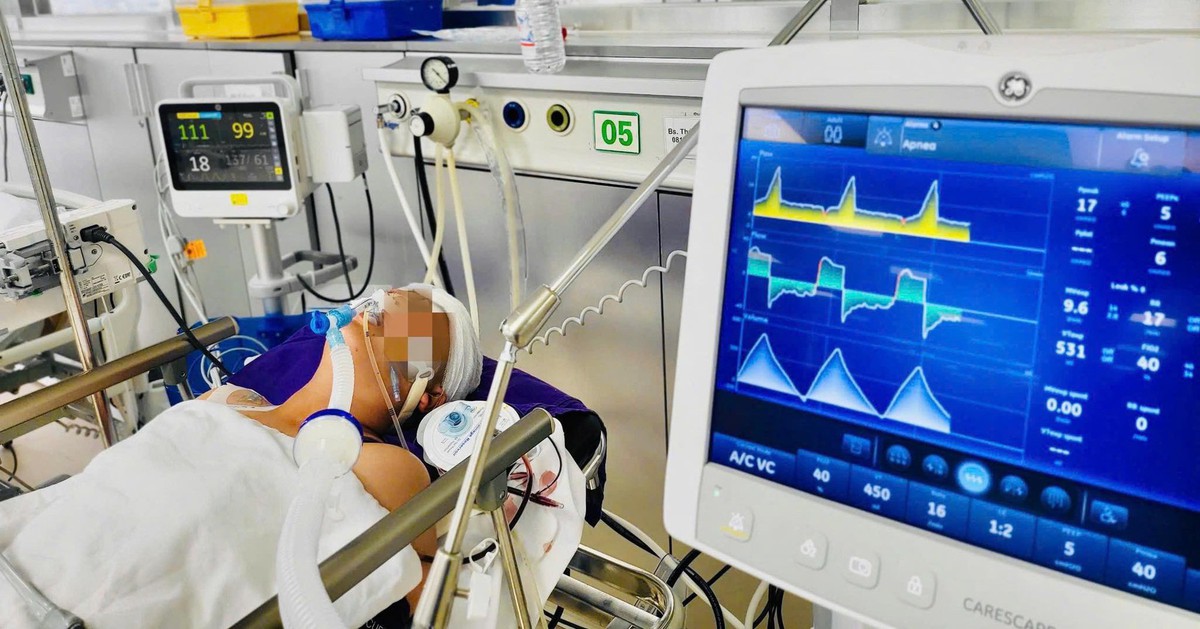


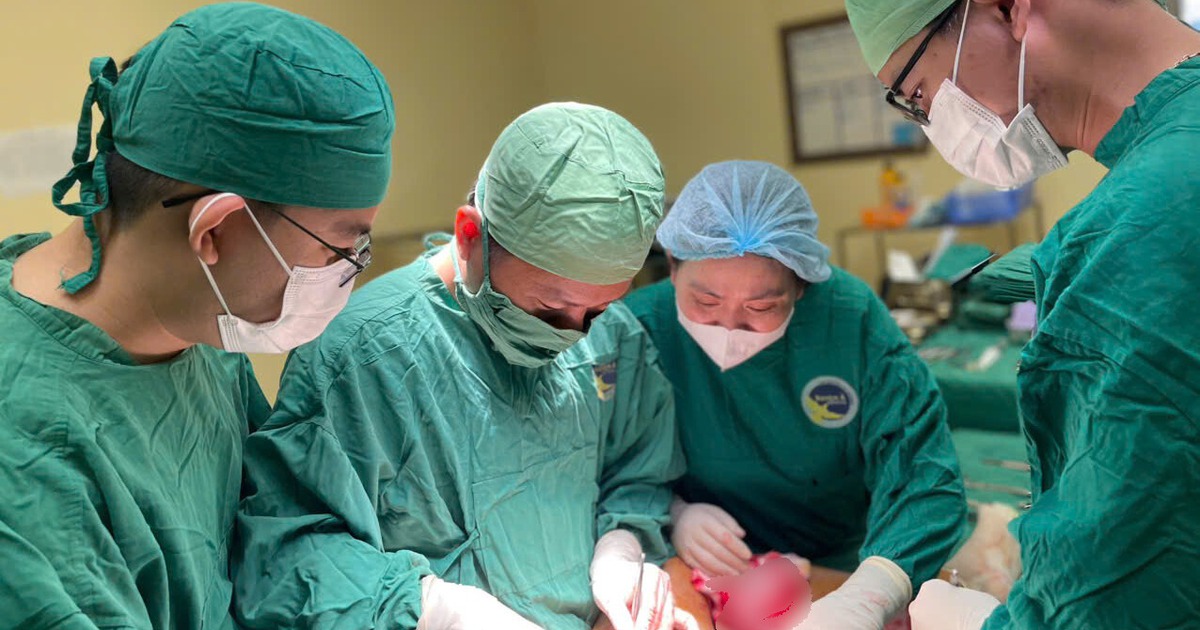








![[Photo] Summary of parade practice in preparation for the April 30th celebration](https://vstatic.vietnam.vn/vietnam/resource/IMAGE/2025/4/11/78cfee0f2cc045b387ff1a4362b5950f)





























































Comment (0)